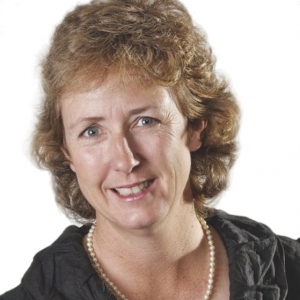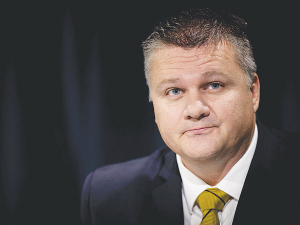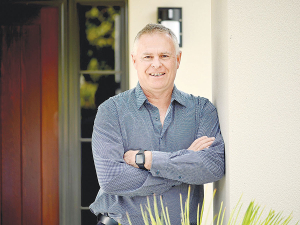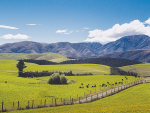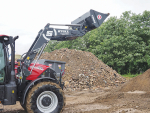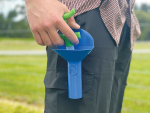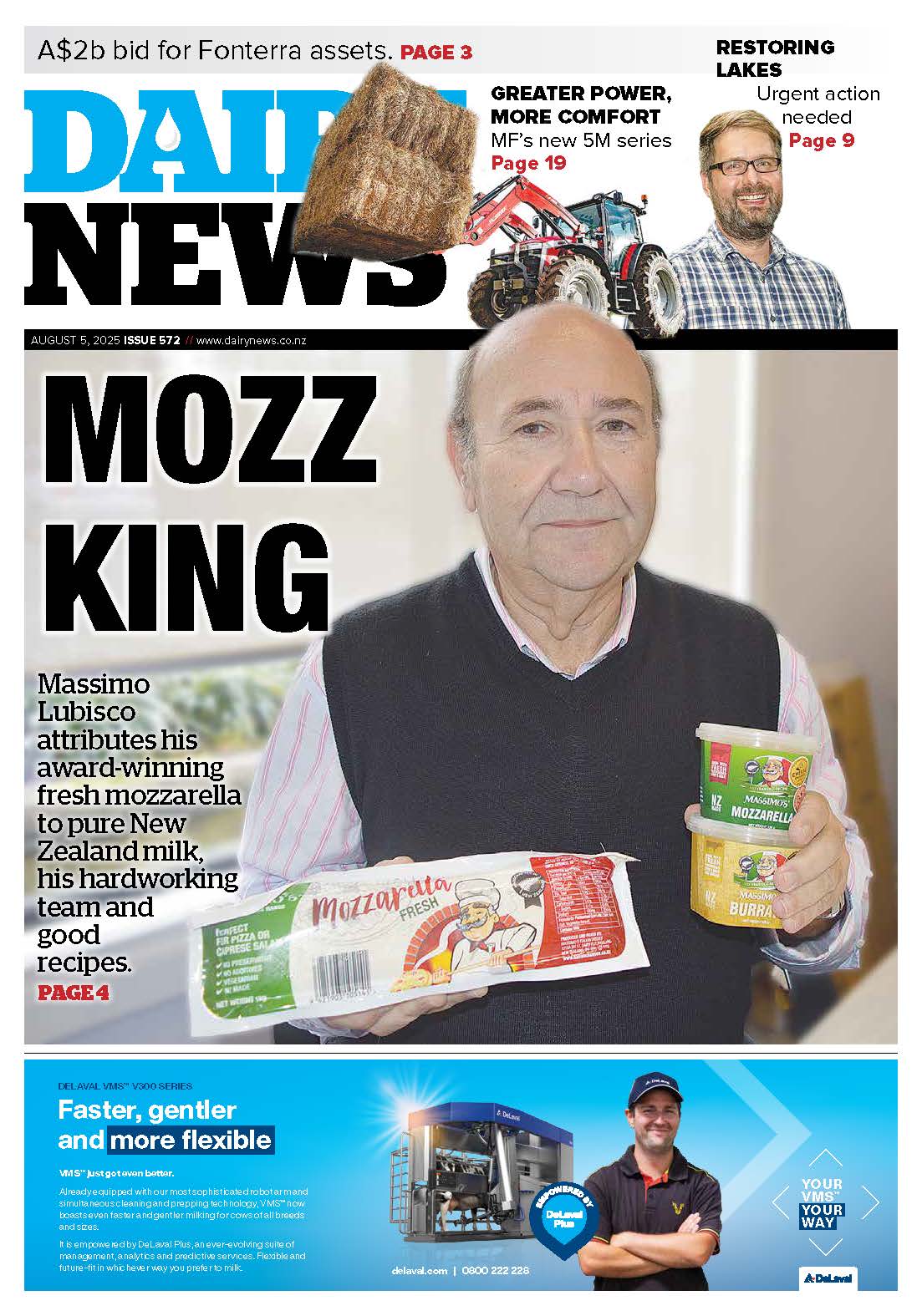The co-op last month reported about 20% of its shareholders offered to sell 75,223,742 economic rights to wet shares worth $596 million. The high demand means the offer will be scaled. Fonterra will buy 79.7% of the economic rights each farmer shareholder offered to sell.
TAF critics point to the 80% of farmers holding back on TAF.
Federated Farmers Dairy chairman Willy Leferink told Dairy News that most farmers are still waiting for TAF to be fully operational before taking part.
“Some farmers don’t want to be the first to dive in. I can’t wait for TAF to be fully operational. Farmers still believe the share price is too high. The true value of those shares will be known when TAF is fully operational.”
Donna Smit, Whakatane, says it’s important to note that 80% of farmers haven’t taken up the supply offer.
“Perhaps they see their economic rights in Fonterra as being a valuable long term strategic asset for their business and the next generation. Perhaps they understand the cooperative logic and the importance of keeping the milk supply linked to share ownership.”
According to Smit, the sale of $600m of economic rights on wet shares is not a surprise. She points out $7.92 is a good price based on the current forecast dividend.
“With the cashflow effects of the drought and the investment opportunities this money creates, I understand why this offer is so attractive,” she told Dairy News. “But Fonterra carries the cost of this $600m windfall to farmers as the co-op issued these units at $5.50 and now finds itself in the position of buying them back at $7.92.”
Fonterra Shareholders Council chairman Ian Brown says the first supply offer saw farmers exercise “some understandable caution”. But they are now ready to use TAF, he says.
“The solid level of demand from shareholders to release some of the economic value of their shares shows they are using TAF to their benefit. Farmers are taking advantage of the greater flexibility it offers them in making decisions that impact the day-to-day running of their business.
“This also strengthens our cooperative as Fonterra is now able to make better use of capital rather than – as the recent drought would have compelled – distribute it as farmers redeemed their shares.”
But another TAF critic Leonie Guiney claims Brown hasn’t done his maths.
“Fonterra farmers who hold their economic rights will eventually subsidise those who don’t for that amount because of Fonterra’s mismanagement of the IPO and the sentence in the constitution that allows farmers to sell up to 33% of their wet shares. So we are not there yet,” she told Dairy News. “The only question is how long it will take before the board comes back to farmers looking for constitutional change to relieve pressure on the fund size. Watch this space.”
Fonterra chairman John Wilson believes farmers have taken advantage of the opportunity to release some of the value of their shareholding, providing more flexibility for their businesses.
“A significant number of farmer shareholders have thought through the potential benefits of using the additional flexibility provided by the changes made to our capital structure last year.
“Some have indicated they will use the offer proceeds to fund further growth of their farming businesses, while others are saying they will relieve some of the cashflow pressure after this year’s drought.”
Wilson says there is greater understanding among farmers of TAF.





